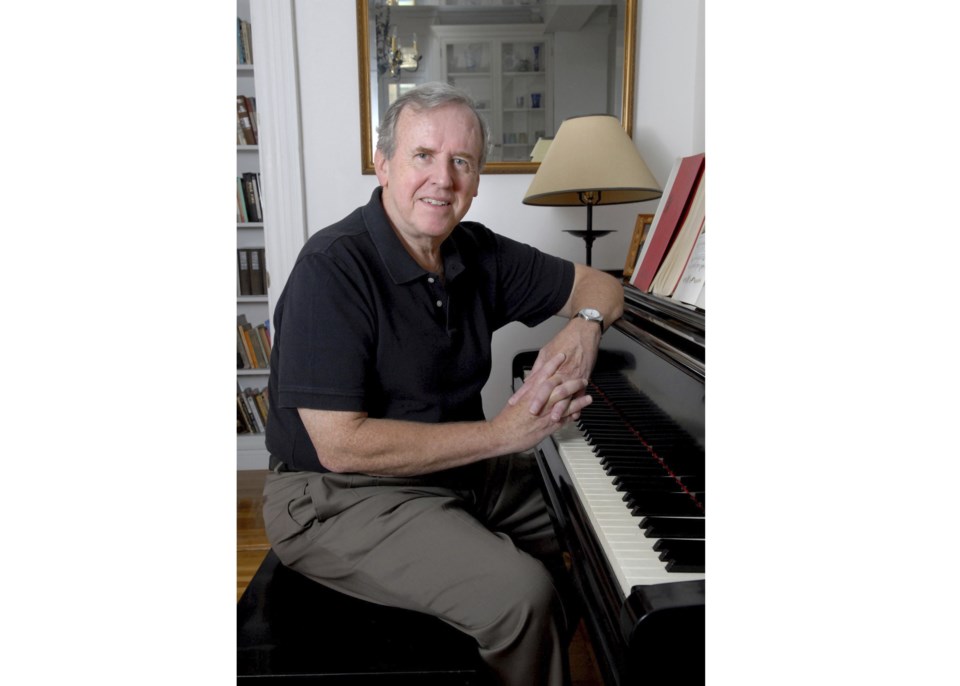NEW YORK (AP) ã Thomas Cahill, a scholar of ancient languages and belief systems with a knack for popular storytelling who engaged history readers with such bestsellers as ãHow the Irish Saved Civilizationã and ãDesire of the Everlasting Hills,ã has died at age 82.
Travis Loller, a family friend and Associated Press writer, says that Cahill died in his sleep Oct. 18 at his apartment in Manhattan. The cause of death was not immediately known.
A native of New York City, Cahill attended Jesuit school in his early years and became a dedicated student of Latin and ancient Greek, along with the Bible, philosophy and classical literature. He wrote two books with his wife, Susan Cahill, in the early 1970s. But he gained a wide audience in the mid-1990s with the million-selling ãHow the Irish Saved Civilization,ã in which he cited Ireland's crucial ã and unappreciated ã preservation of classical texts after the fall of the Roman Empire.
"Mr. Cahill is a man of learning himself, and his writing is in the great Irish tradition he describes: lyrical, playful, penetrating and serious, but never too serious," New York Times critic Richard Bernstein wrote in 1995. ãAnd even when his conclusions are not entirely persuasive ã they do in places hang on rather slender reeds of evidence ã they are always plausible and certainly interesting.ã
His book on Ireland formed part of what he called his ãHinges of Historyã series, a broad and idiosyncratic review of Western civilization and moments he believed were turning points, ãa narration of how we became the people that we are," as he told the AP in a 2006 interview. ãDesire of the Everlasting Hillsã focused on the New Testament and the life of Jesus, and ãSailing the Wine Dark Sea" celebrated the ancient Greeks. In ãMysteries of the Middle Ages," he countered popular beliefs that the Middle Ages was merely a time of superstition.
ãOf course, there was plenty of ignorance, as there is in every age,ã he told the AP in 2006. ãBut the advances we associate with the Renaissance in the arts, sciences, education, scholarship, linguistics and even political experimentation all got under way in the Middle Ages.ã
Besides writing history, Cahill was an education correspondent for the Times of London and a contributor to the Los Angeles Times Book Review. He taught at Queens College, Fordham University, and Seton Hall University, and served for several years as director of religious publishing at Doubleday, which released much of his work, most recently the 2013 book ãHeretics and Heroes.ã
Cahill majored in classical literature and medieval philosophy at Fordham University, and received a masterãs degree in film and dramatic literature from Columbia University. But his approach to his books was shaped in part by his Jesuit background, by the depth of his learning and the dullness of how he learned it. He would later resolve to combined scholarly discipline and a conversational tone.
ãWhat academic writers forget is that everyone on Earth buys books for diversion, or entertainment,ã he said in 2006. ãYes, they want to learn things, but they also donãt want to be bored to death while they learn those things.ã
The Associated Press




